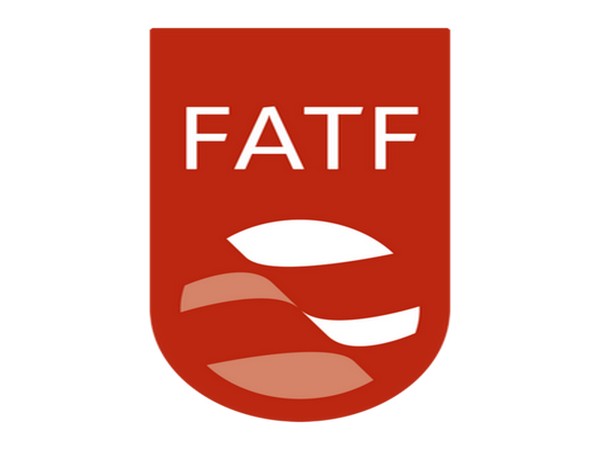By Dan Byrne for AMLi
FRESH CRITICISM is coming on Germany this week as a European markets watchdog has identified key deficiencies in the country’s financial supervision record.
The European Securities and Markets Authority (ESMA) released a peer review Tuesday which laid blame on Germany’s Federal Financial Supervisory Authority (BaFin) and Financial Reporting Enforcement Panel (FREP)
The findings related to both organisations’ response to the infamous Wirecard scandal, which began to unfold in 2019 with a series of Financial Times whistle-blower reports.
The payment processing firm, headquartered in Munich, came under fire for extensive accounting malpractice which saw €1.9 million in company funds declared ‘missing,’ the dismissal and arrest of former CEO Markus Braun, and the disappearance of former COO Jan Marsalek – now a wanted man by Interpol.
BaFin and FREP have been criticised in ESMA’s peer review for a number of deficiencies in their work on the Wirecard case, particularly in the areas of independence from government, market monitoring, examination procedures and the effectiveness of its supervisory system.
“The Wirecard case has once again highlighted that high-quality financial reporting is essential for maintaining investor trust in capital market,” said ESMA chair Steven Maijoor.
“Today’s report’s recommendations can contribute to the review of the German regime for supervision and enforcement.”
For BaFin, a big issue has been the lack of a proper internal control system that will overcome conflicts of interest within the organisation, ESMA said – noting the close relationship the body had with the German Ministry of Finance.
For FREP, the problem was largely based on the scope of their examinations – which did not go far enough in terms of timeliness, documentation, or the proper assessment of Wirecard’s business information or whistle-blower claims.
Both organisations were also criticised for lack of alignment in the perception of each other’s roles – suggesting a fragmented crossover of operations – as well as their failure to monitor Wirecard’s financial reports and risks in the years leading up to the scandal.
ESMA’s report is partly intended to provide guidance for future improvements that German financial watchdogs can make.
However, despite the conveyor belt of criticism endured by Germany during this Wirecard saga, German authorities have shown reluctance to admit shortcomings.
German Minister of State for Europe Michael Roth told the European Parliament last month that it was important not to “point the finger at supervisory authorities,” although his comments were met with scepticism from MEPs across the chamber.
Share this on:
Follow us on:








